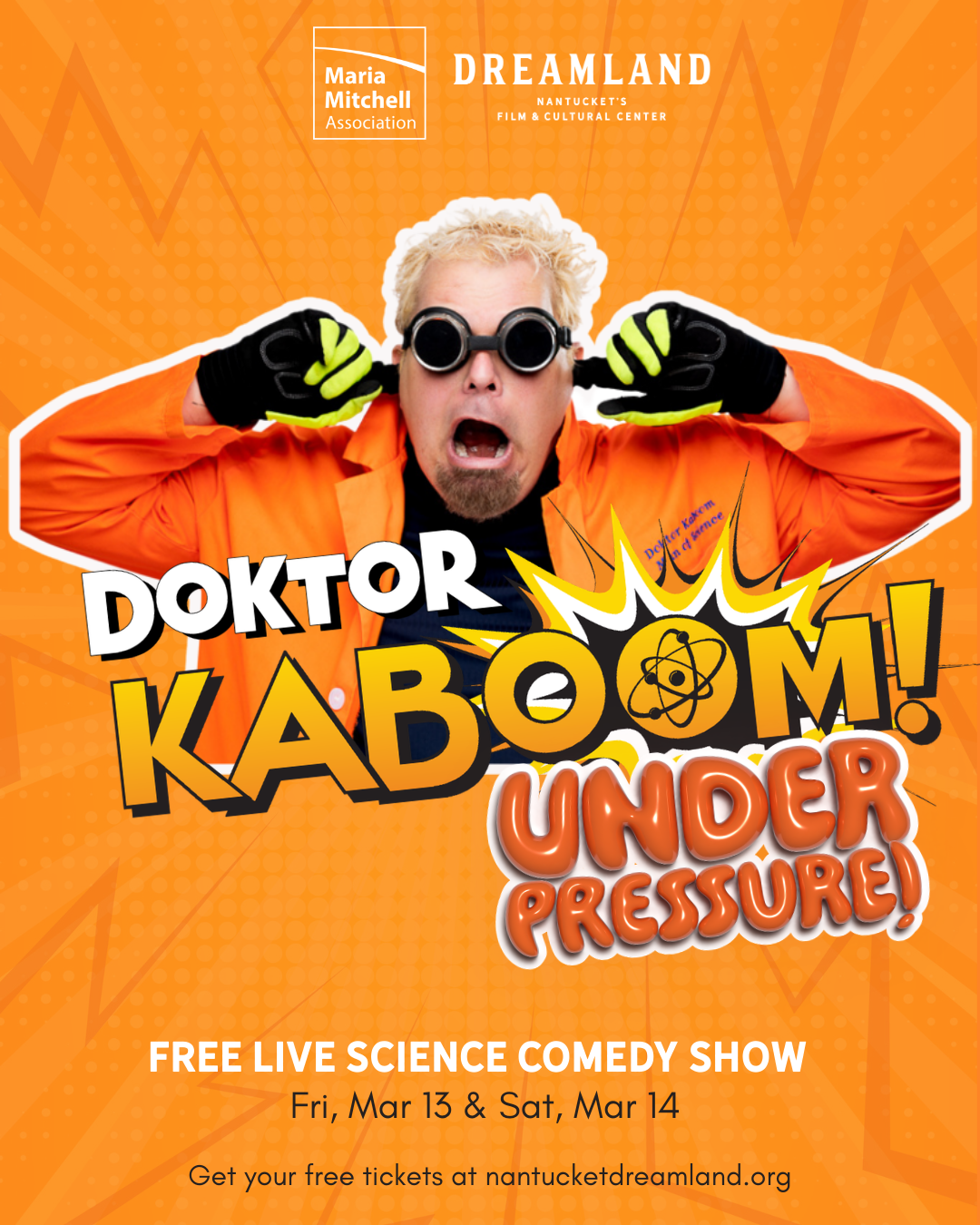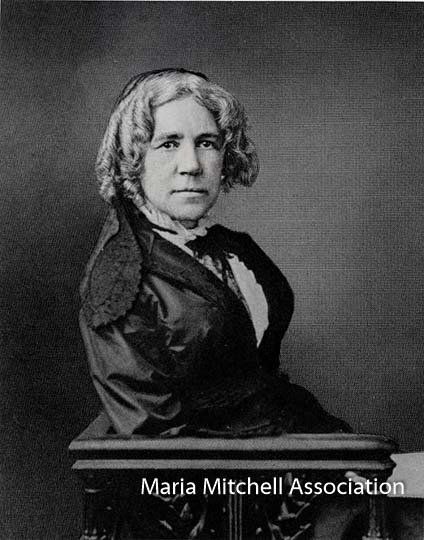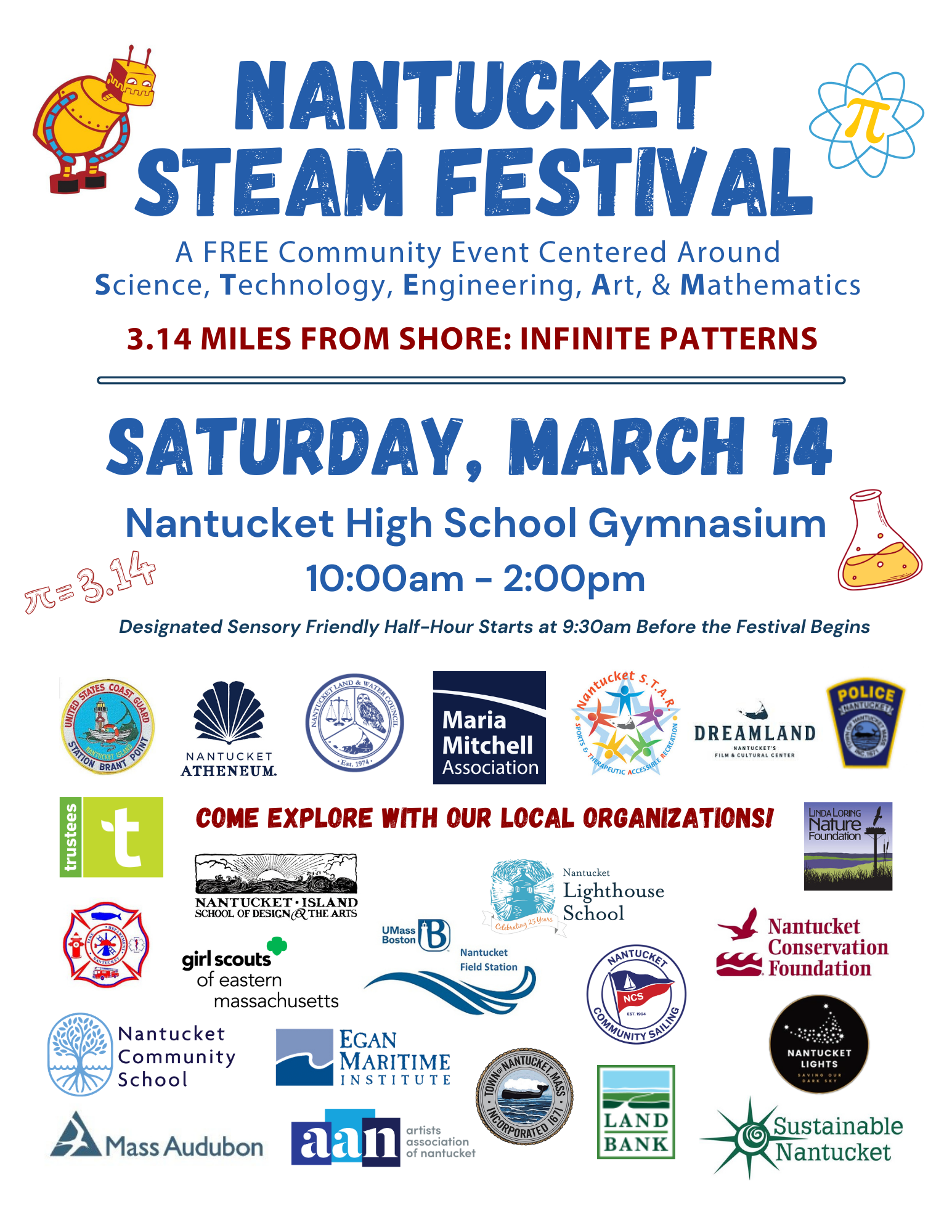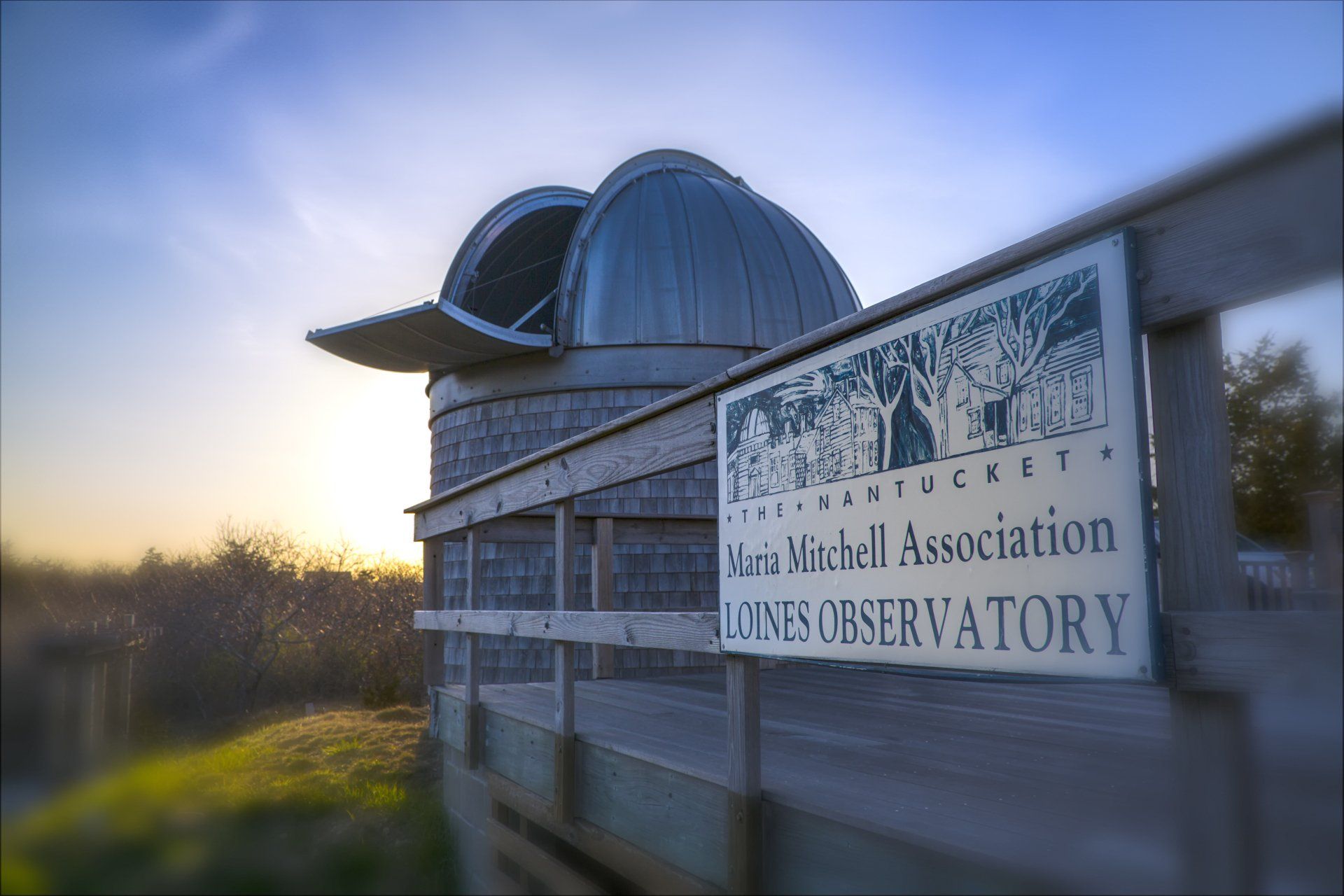The Importance of Memory
Of more of a personal note, my husband’s father passed away last week. My husband’s mother passed away in 1999. They were collectors – collectors of pieces of history not their own and collectors of pieces of family history. My mother-in-law was adopted as an infant and my father-in-law lost his mother at age two. When his father remarried, another family became part of the family history so there are all sorts of roots and stories and grandmas and grandpas that may not be blood related but all are family.
As we took in all of the things in the house, I realized we did not know the history behind each and every piece. As a curator and a collector of historic items and family stories as well, I was overwhelmed. Living so far away, we had to spend some time sorting at a very tough time. When it comes right down to it, it is stuff – things – and we know things are not important. But, when you feel the weight of family history and you know these items were important to someone, or were carried from a far distant land so that one could maintain a connection and have something familiar with them in a strange new place, it makes it harder.
The stories however are the most important. Stories are important to pass down through generations so that family members know where they came from and know those who had the strength and courage to make decisions to insure that the next generations lived strong and well. I certainly would not have the courage or emotional strength to come from where my family came from. Imagine leaving family behind to arrive in a new world after a long voyage, not speak the language, and have no place to live? And then, having to start from scratch.
At the lunch after the services, my husband’s aunt told us her memory of the mother she lost when she was only five – she is the full blood sister of my father-in-law. She says she only remembers her as a ghost-like figure. A kidney disease left her bedridden and she died two years before a treatment was found for what ailed her. Aunt MJ remembers being brought into her bedroom once per day so that she could see her two children and they her. That is the only memory MJ has of her mother but at least she has one. I do not think my father-in-law remembered that daily visit with his mother.
That is a sad memory. But other memories abound that are happy or funny. Such as Great Grandma Behnke at age 100+ shooting squirrels on her roof (Horrors! She and I would indeed have a fight on that one.) – they were destroying her house. My husband remembers her stalking through her home in Indiana as a tornado drew close – she ordered him to hide away but she was out to keep track of its movements to protect her family. Feisty is not strong enough a word for her and I have always admired the photograph we have of her – her strong, steady gaze at the camera as she fishes from her canoe. When we would visit my in-laws, we would sleep under her handmade quilt – squares individually stitched, stuffed with pantyhose, and then all stitched together. Cold winters are no match for that quilt. And now, it will rest in my home.
These stories are important to pass on in order to help us to understand where we have come from and who came before us. I also firmly and most importantly believe that by telling these stories and talking about those in the past that they continue to live on. So, I will keep telling the stories of the Mitchell family to visitors at the Mitchell House and recounting stories of my own family and my husband’s. Because each time I speak the name of a person no longer with us, she or he lives on.
Recent Posts




